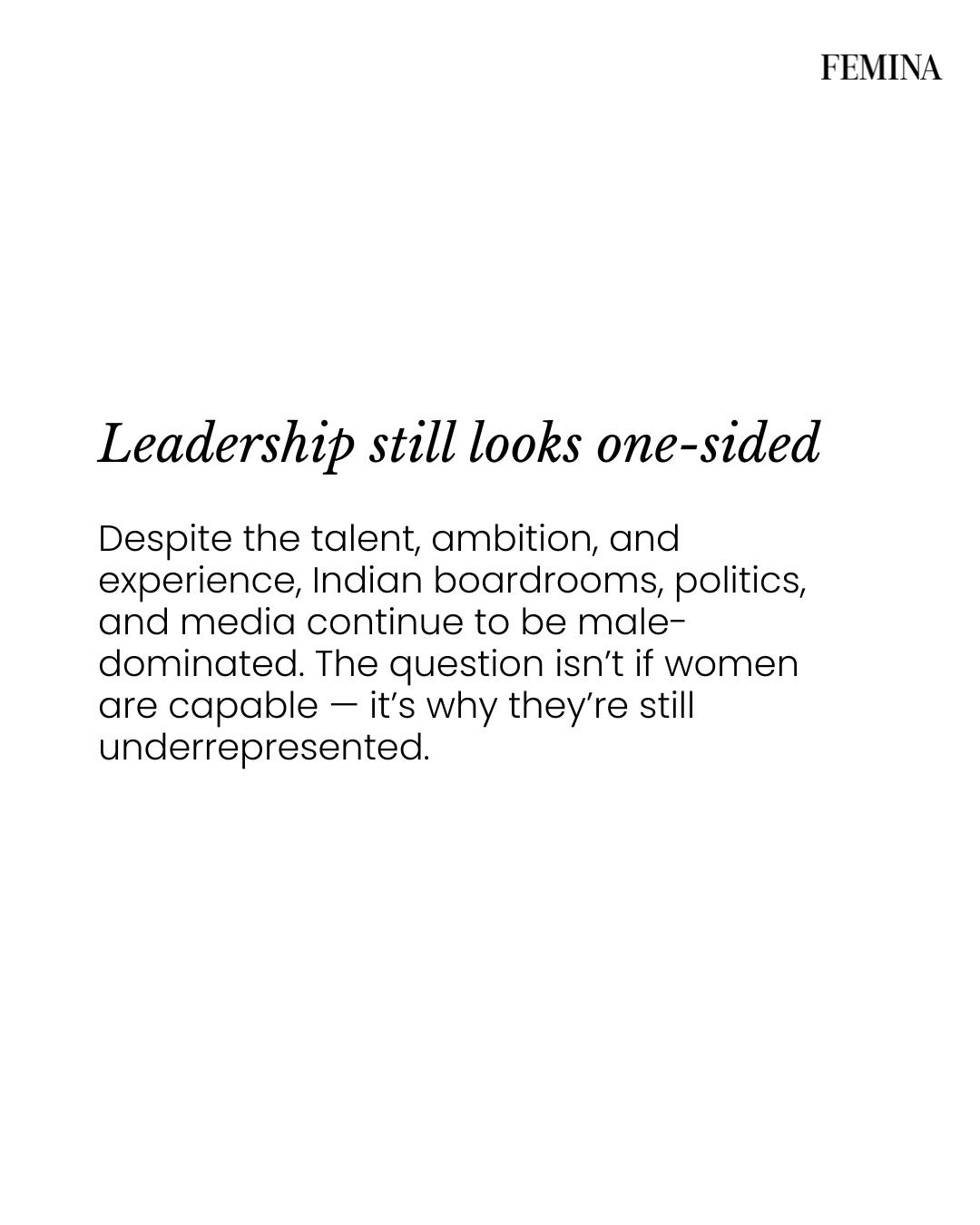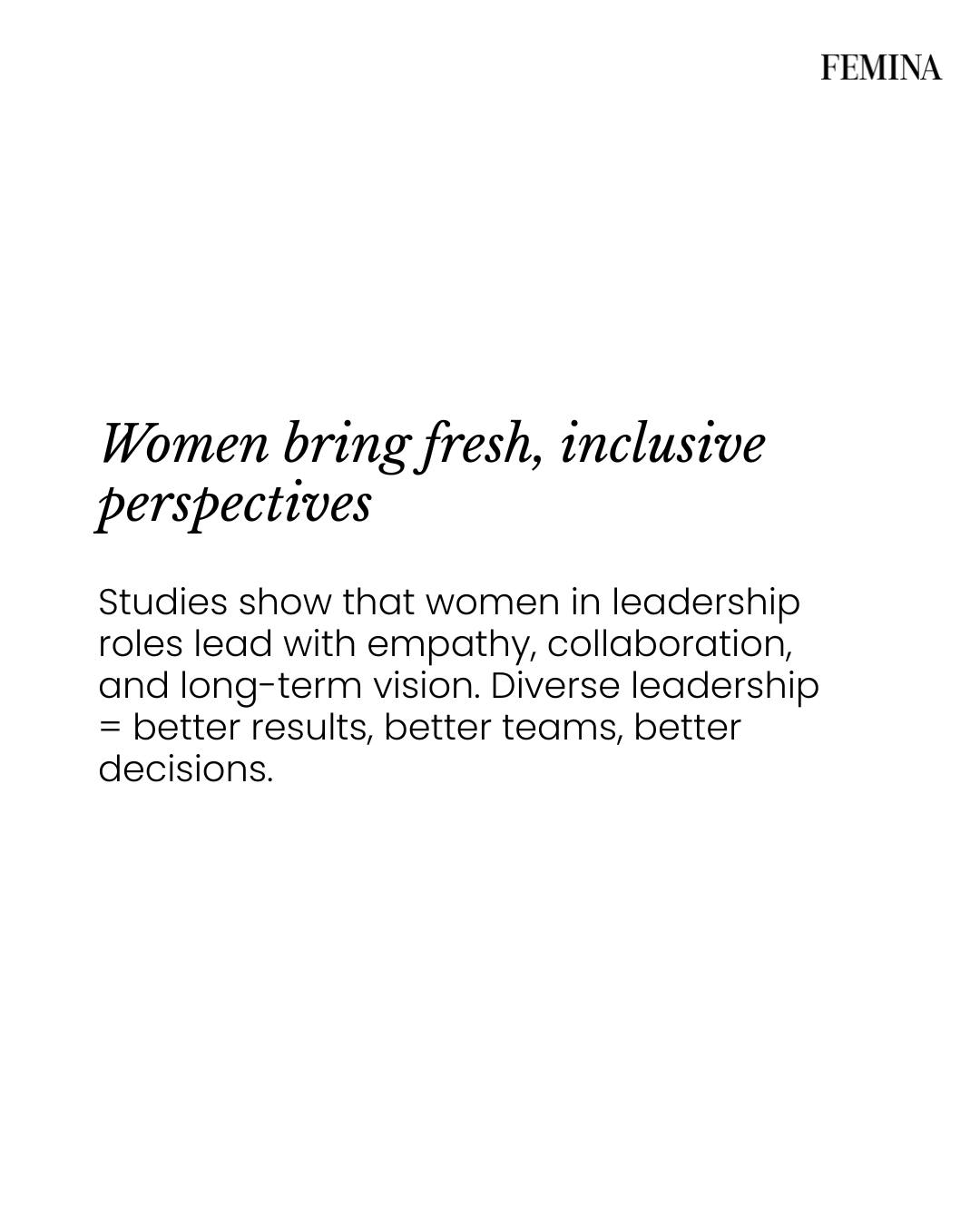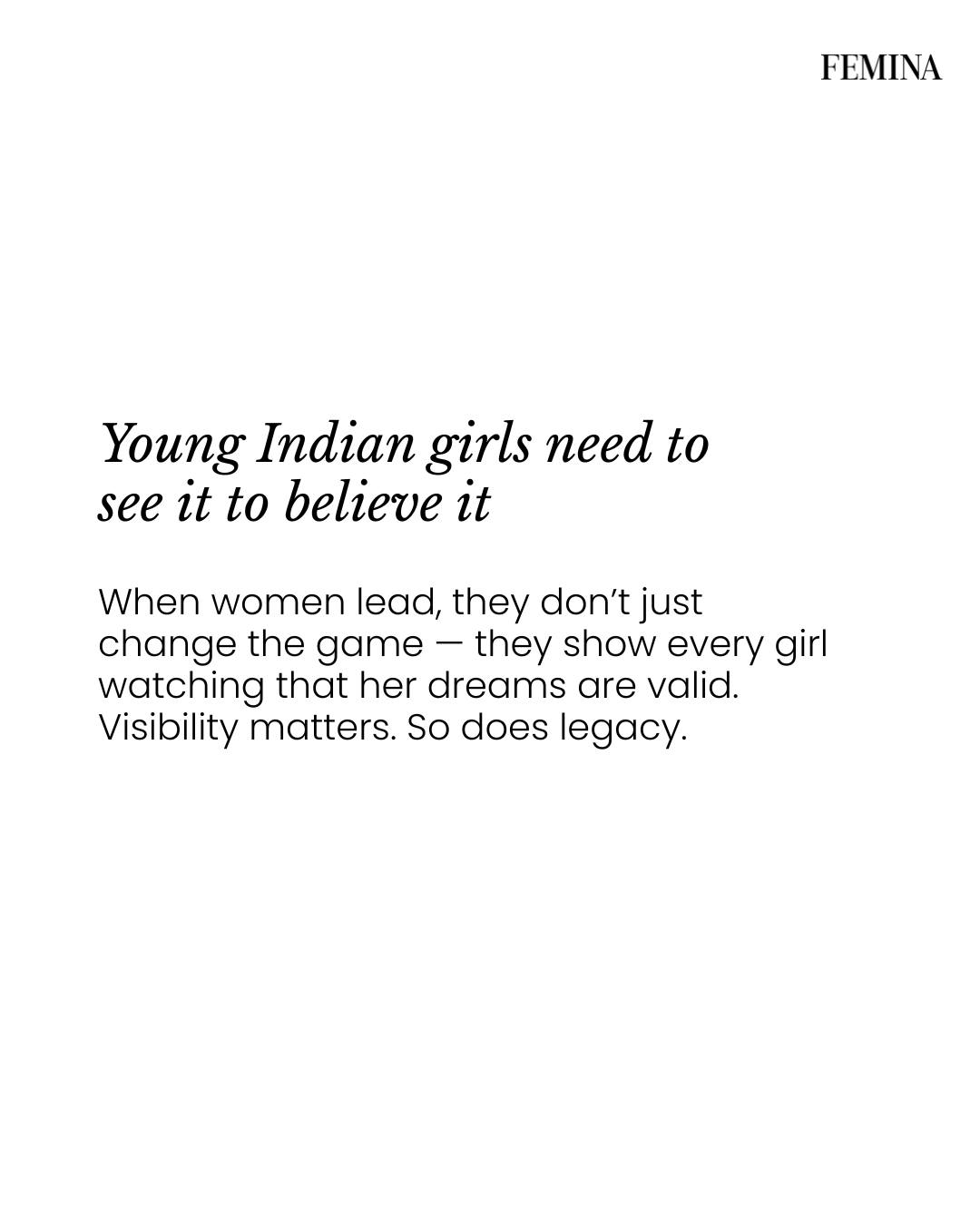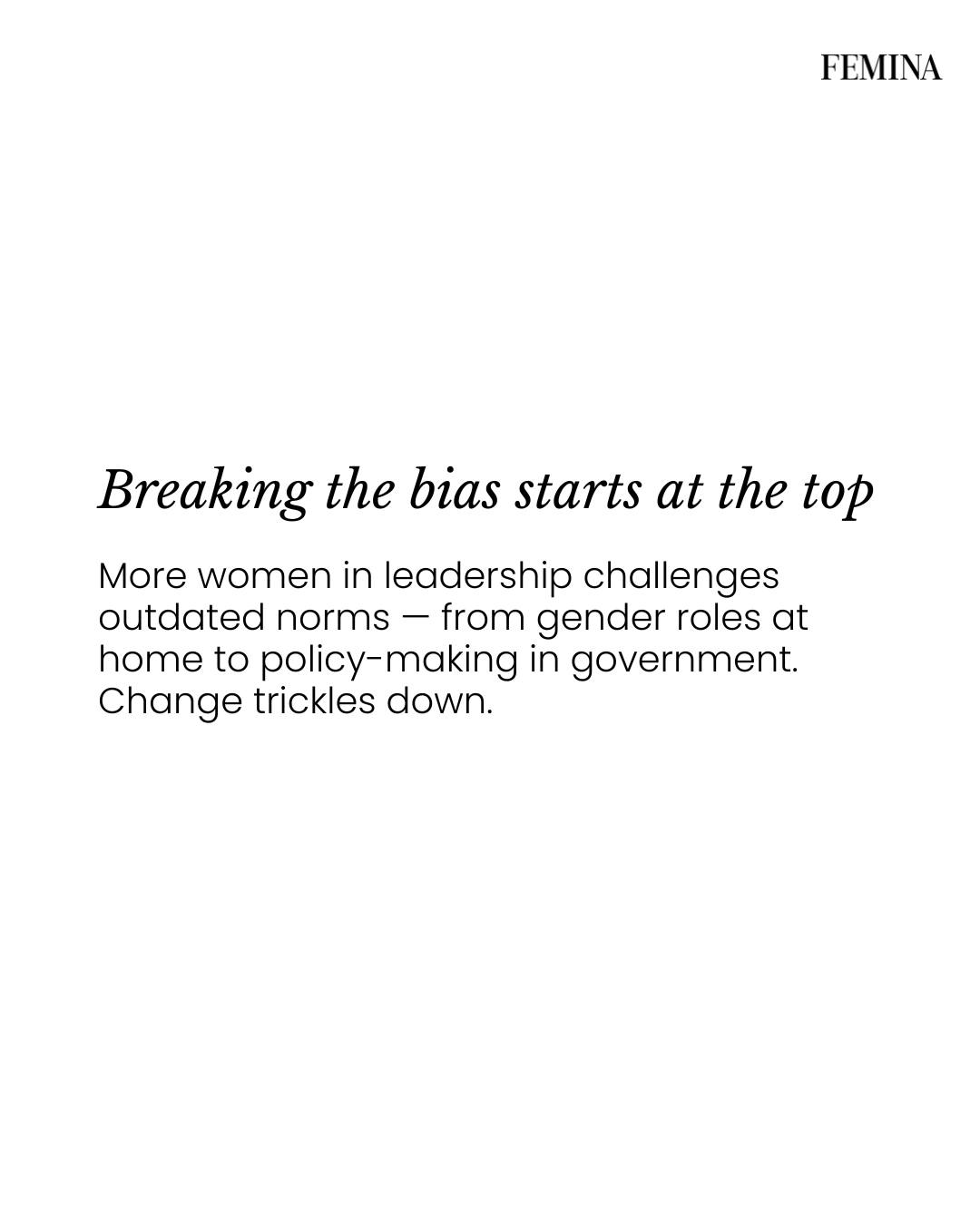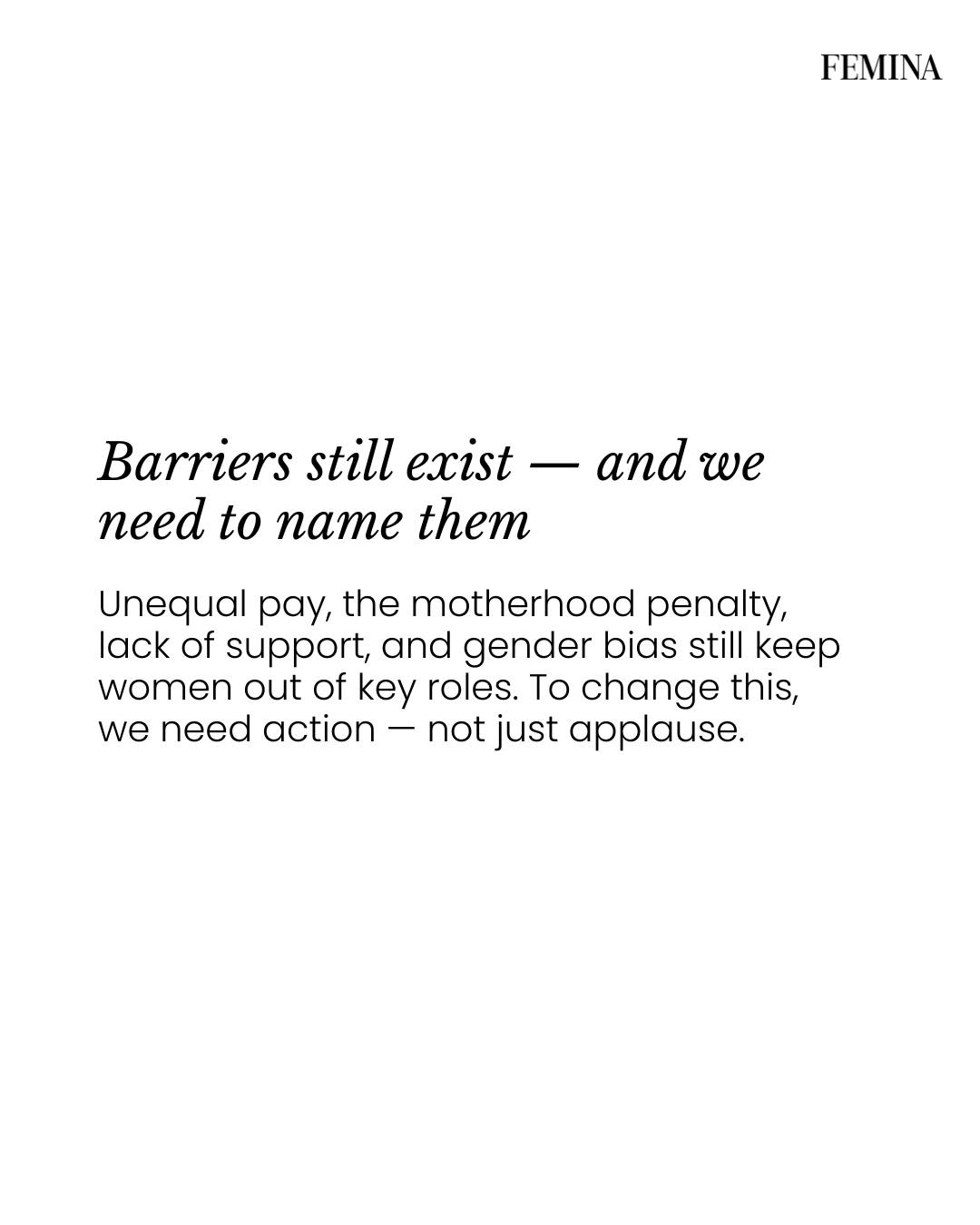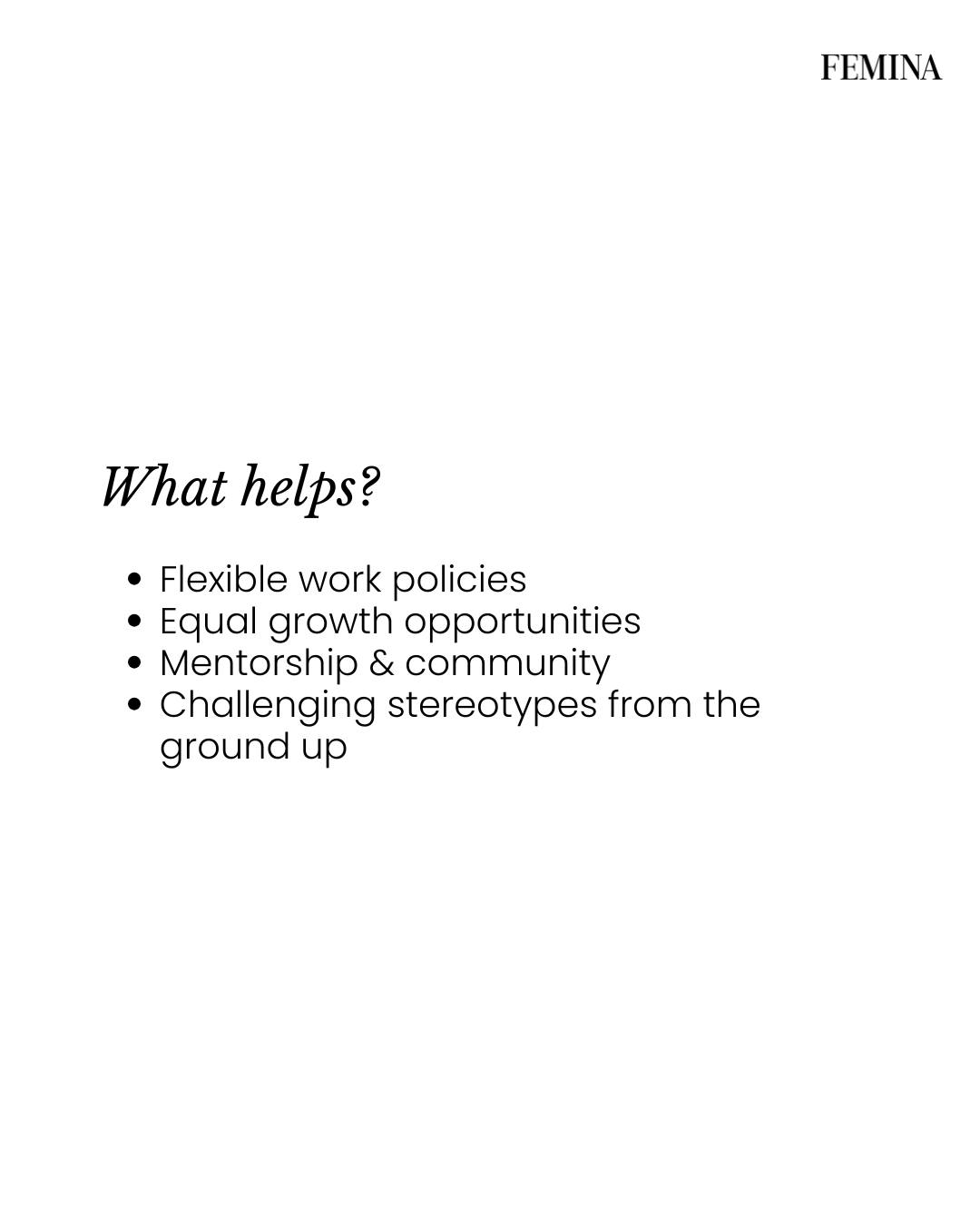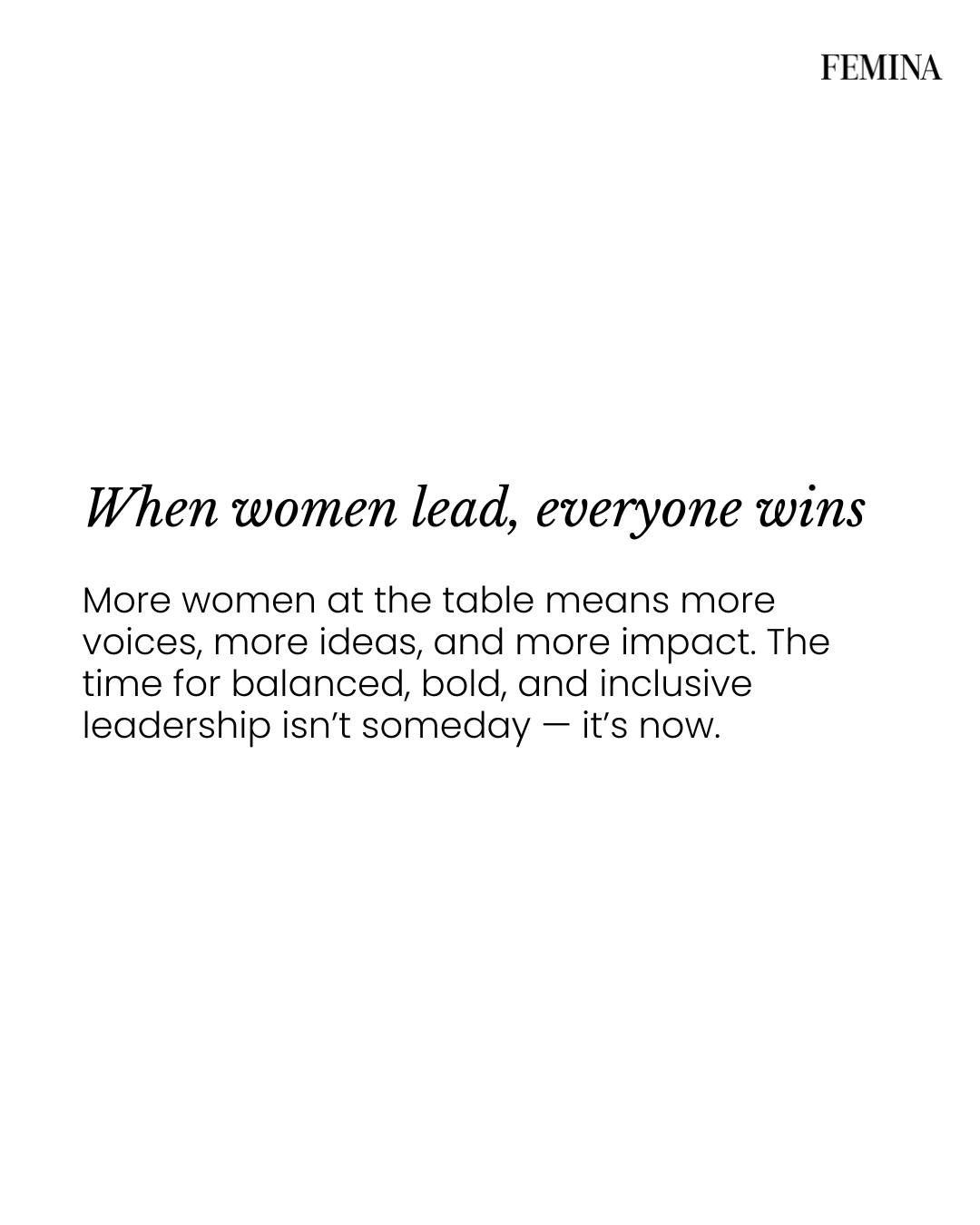Indian Women Break Leadership Barriers
Empowering change that opens doors, shatters limits, and drives progressive opportunities.
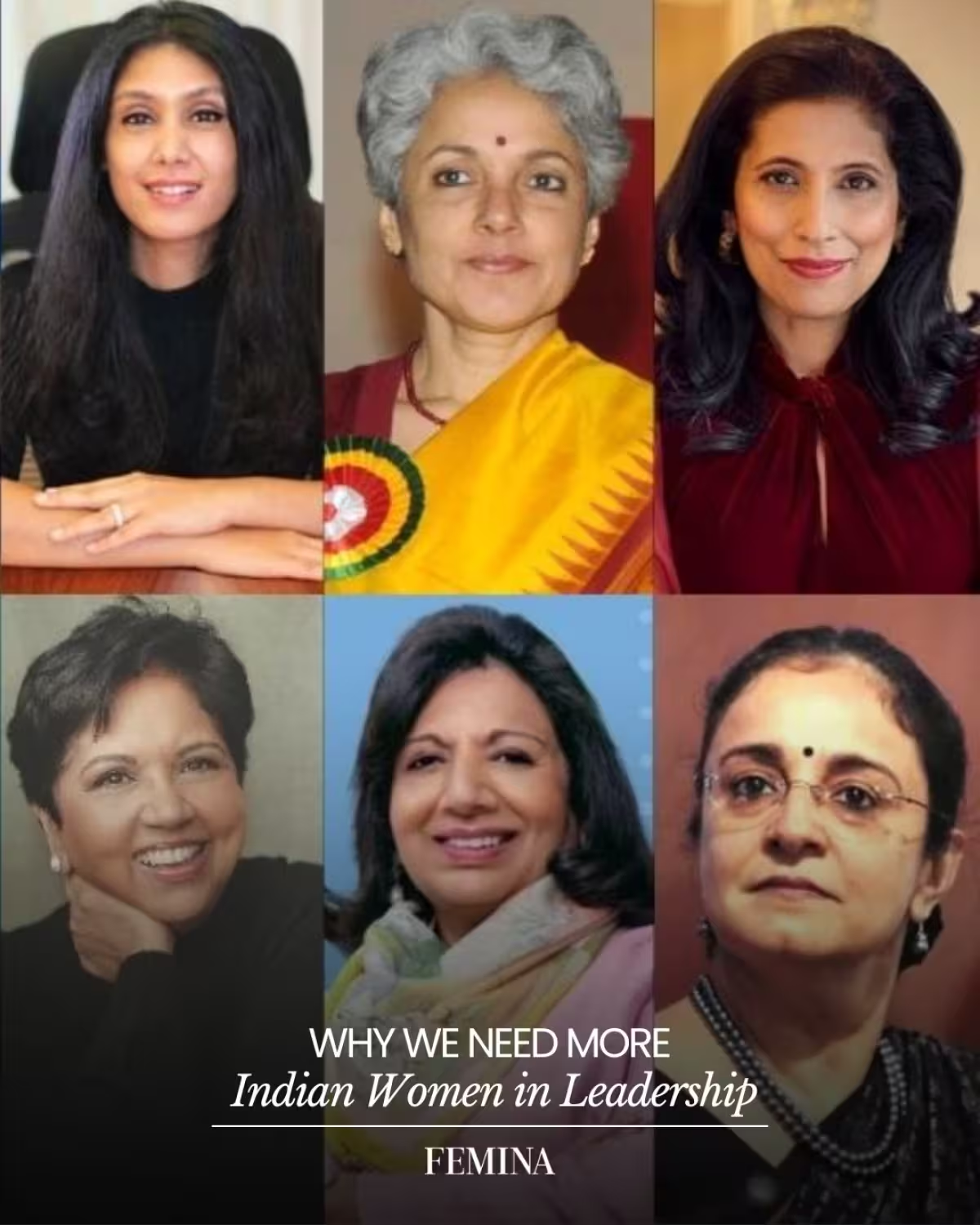
Image: Instagram
Across India’s dynamic socio-economic landscape, women are not only graduating and building careers but are also paving the way for transformative leadership. In a powerful reminder of the persistent glass ceiling, a recent post from Femina underscores that the challenge isn’t capability but rather the need for equal opportunity, access, and an unbiased space for women to lead. This dialogue is not only stirring conversations online but is also serving as a rallying cry for change in workplaces, policy-making, and cultural narratives.
The Changing Landscape Of Power
In today’s India, educational institutions are seeing a higher proportion of female graduates who are stepping into traditionally male-dominated fields. Yet, the transition from academic success to leadership roles remains a significant hurdle. The Femina post highlights that while Indian women are excelling in building successful careers, the upper echelons of leadership are still largely inaccessible. This disconnect is not reflective of a lack of talent, but rather of limited opportunities and systemic bias that restricts open access to influential roles.
The message is clear: when women lead, workplaces thrive, policies evolve to be more inclusive, and entire generations benefit from progressive changes. By advocating for creating spaces where leadership is accessible without prejudice, Femina is championing a future where the power dynamics in professional and public spheres are rebalanced.
Opportunity Vs. Capability
The debate around women’s roles in leadership circles is often mistakenly pinned on a question of capability rather than opportunity. The Femina post emphatically states that the challenges women face in rising to leadership roles stem not from a lack of skill or talent but from systemic barriers that limit their progression. The glass ceiling, a term that powerfully resonates with many professionals, remains unbroken for many Indian women despite their academic and professional achievements.
In the spirit of change, Femina calls for immediate actions—more than just policies on paper—to provide the necessary support systems. It suggests that workplaces and social institutions need to evolve by ensuring equitable access to mentorship, decision-making roles, and career advancement opportunities without bias.
Shaping A Progressive Future
The conversation extends further than just a critique of the status quo. It also celebrates the progress made and the potential for the future. As workplaces reinvent themselves to adopt more inclusive cultures, and policies start to reflect the needs of a diverse workforce, the role of empowered women becomes ever more critical. Women in leadership not only bring fresh ideas and innovative strategies, but they also become role models, inspiring future generations to pursue excellence regardless of gender.
Femina, renowned for its commitment to women’s issues and empowerment, plays a pivotal role in this ongoing dialogue. The magazine’s presence across Instagram and other social media platforms amplifies stories of resilience and success. The platform’s rich visual updates—even those highlighting everyday wellness tips and mental health—reinforce that behind each successful leader is a community of women overcoming everyday obstacles to pave the way for a brighter, more inclusive future.
In Conversation With The Nation
The surge in conversations on leadership and women’s empowerment is not confined to boardrooms or policy forums. Instagram posts from Femina, with hashtags like #FeminaTalks, #WomenInLeadership, and #BreakTheBias, testify to a widespread call for action. These posts combine striking visuals with concise, impactful messages. For example, a previous post encouraged women to take the first step toward self-belief by asserting, “It’s only you who can take the first step,” while another highlighted indigenous wellness practices as part of a broader narrative about self-care and empowerment.
This social media engagement illustrates the power of digital platforms in mobilizing support and sparking debates. The visuals, often featuring empowering images of women in modern work environments and traditional settings alike, underscore that the path toward equality is multifaceted and includes cultural, social, and economic dimensions. They also serve to remind the public and stakeholders alike that leadership is not a privilege, but a right to be exercised by all who have the dedication and talent, regardless of gender.
In an era where change is not just desired but necessary, the call from Femina resonates deeply. Breaking the glass ceiling is not merely symbolic—it is an essential step toward ensuring that every capable individual, regardless of gender, has the opportunity to lead. As workplaces adapt and societal attitudes evolve, the shift toward balanced leadership can yield benefits that reverberate across industries, communities, and generations.
Ultimately, the discussion is more than just a commentary on the current state of affairs—it is a blueprint for future progress. By addressing the systemic issues head-on and emphasizing the tangible benefits of women in power, this narrative opens a path to a more inclusive, prosperous future for India and beyond.
Read full bio of Glendon Moss


